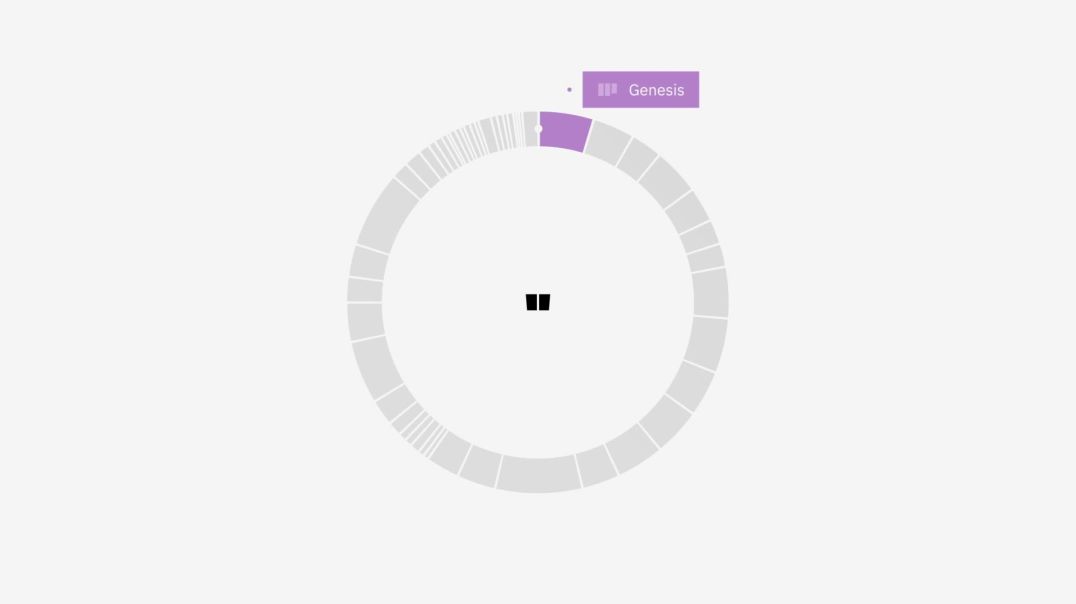How to Read the Bible for Beginners”, written from a warm, faith-based, and practical perspective for new believers or those who want to deepen their understanding of Scripture.
How to Read the Bible for Beginners: A Step-by-Step Guide to Understanding God’s Word
The Bible is the most influential book in human history — a divine letter written by God to His people. Yet for many beginners, opening the Bible for the first time can feel overwhelming. With its 66 books, ancient language, and deep theology, some don’t know where to start. But the truth is, reading the Bible is not just for scholars or pastors — it’s for everyone who seeks to know God personally.
This guide will help you learn how to read the Bible effectively, grow in faith, and discover the transforming power of God’s Word.
1. Begin with the Right Heart
Before anything else, start with a prayerful attitude. The Bible is not just a history book — it is God’s living Word. Reading it requires humility, openness, and dependence on the Holy Spirit.
“Open my eyes that I may see wonderful things in your law.” — Psalm 119:18
Ask God to guide your understanding. Pray for wisdom, clarity, and revelation. The same Spirit who inspired Scripture will help you grasp its meaning.
Remember: The goal is not to read quickly or memorize facts, but to know God, understand His will, and apply His truth.
2. Choose the Right Translation
There are many Bible translations available, and choosing the right one can make a big difference for beginners. Some translations aim for word-for-word accuracy, while others focus on readability.
Here are a few popular, beginner-friendly translations:
New Living Translation (NLT) – simple, clear, and faithful to the meaning.
English Standard Version (ESV) – accurate and balanced between literal and readable.
New International Version (NIV) – widely used and easy to understand.
Christian Standard Bible (CSB) – modern yet faithful translation.
Avoid starting with older translations like the King James Version (KJV) unless you are comfortable with Elizabethan English. It’s beautiful but can be difficult for beginners.
3. Start with the Right Books
The Bible is not meant to be read like a novel from beginning to end. While Genesis is an amazing start, beginners often get discouraged when they reach the long genealogies or laws in Leviticus and Numbers.
Instead, begin with books that reveal who Jesus is and explain the basics of faith. Here’s a good reading order for beginners:
The Gospel of John – introduces Jesus as the Son of God and reveals His love and purpose.
Luke or Mark – gives a clear and human perspective on Jesus’ life and teachings.
Acts – shows how the early church spread the gospel through the power of the Holy Spirit.
Psalms – a book of prayers, praise, and comfort for the heart.
Proverbs – wisdom for daily life, relationships, and decision-making.
Romans – explains the foundation of salvation by grace through faith.
Once you finish these, you can explore the Old Testament, starting with Genesis, Exodus, and 1 Samuel, to understand the story of creation, covenant, and God’s plan for humanity.
4. Set a Reading Plan
Consistency is more powerful than speed. You don’t need to read large sections at once; focus on daily, steady growth.
Start small — even 10–15 minutes a day is enough to build a strong habit. Here are a few methods to stay consistent:
One Chapter a Day Plan: Read one chapter every day and reflect on it.
Bible in One Year Plan: Follow an app or guide that mixes Old and New Testament readings daily.
Thematic Plan: Choose topics (faith, prayer, forgiveness, etc.) and find verses related to them.
There are many free Bible reading plans on apps like YouVersion or Bible Gateway that guide beginners step-by-step.
5. Understand the Context
One of the biggest mistakes beginners make is reading verses in isolation. The Bible should be read in context — that means understanding who wrote it, who they were writing to, and what was happening at the time.
For example, when Paul writes letters to the Corinthians, he’s addressing real problems in a church in Corinth, not random spiritual advice.
Ask yourself questions like:
Who wrote this passage?
Who was the audience?
What is the main theme or message?
How does it apply to my life today?
Study Bibles or commentaries (like the Life Application Study Bible) provide helpful background information and notes that explain verses clearly.
6. Reflect and Apply
James 1:22 says,
“Do not merely listen to the word, and so deceive yourselves. Do what it says.”
Reading the Bible isn’t just about information — it’s about transformation. After reading a passage, pause and reflect. Ask:
What is God teaching me here?
Is there a promise to believe?
A command to obey?
A sin to avoid?
A truth to apply to my life?
You can also journal your thoughts. Writing down what you learn helps you remember and grow spiritually. Over time, you’ll begin to see how God’s Word changes your attitude, relationships, and decisions.
7. Use Tools That Help You Grow
Thanks to modern technology, there are countless resources to help beginners understand Scripture better:
Bible apps like YouVersion offer daily devotionals and reading reminders.
Audio Bibles let you listen while driving or exercising.
Study guides and Bible dictionaries explain unfamiliar terms or concepts.
Online sermons or podcasts (from sound, Bible-based teachers) bring deeper insight.
Remember, these tools should support your reading — not replace it. The Bible itself is the ultimate source of truth.
8. Read in Community
The Bible was never meant to be read in isolation. In the early church, believers gathered to study Scripture together (Acts 2:42).
Join a Bible study group, church fellowship, or online community where you can discuss questions and share insights.
Hearing how others understand a passage can deepen your perspective. It also provides encouragement and accountability — especially when your motivation fades.
“As iron sharpens iron, so one person sharpens another.” — Proverbs 27:17
9. Be Patient and Consistent
Spiritual growth is a journey, not a race. Some parts of the Bible may be difficult to understand at first, and that’s okay. Even mature Christians continue learning every day.
Keep reading, even when you don’t “feel” anything. God’s Word is alive and active (Hebrews 4:12), and over time it will shape your heart, renew your mind, and strengthen your faith.
If you stumble or miss a few days, don’t quit. Start again. The key is consistency and faithfulness.
10. Let the Word Transform You
Ultimately, reading the Bible is about meeting the Author — God Himself. The more you read, the more you’ll see His character, His love, and His plan for your life.
“Your word is a lamp to my feet and a light to my path.” — Psalm 119:105
When you invite Scripture into your daily life, it brings wisdom, peace, conviction, and hope. Over time, you’ll begin to think, speak, and live differently — because God’s Word renews the mind and transforms the soul.
Conclusion: Your Journey with the Word Begins
Reading the Bible as a beginner can seem challenging, but remember — every great journey begins with a single step. Start small, stay faithful, and keep your heart open.
The Bible is not just a book to be studied; it’s a living conversation with God. Each page reveals His promises, His truth, and His love for you.
So open it today. Read slowly. Listen deeply. And let God speak — because through His Word, He will guide you, comfort you, and lead you into everlasting life.








